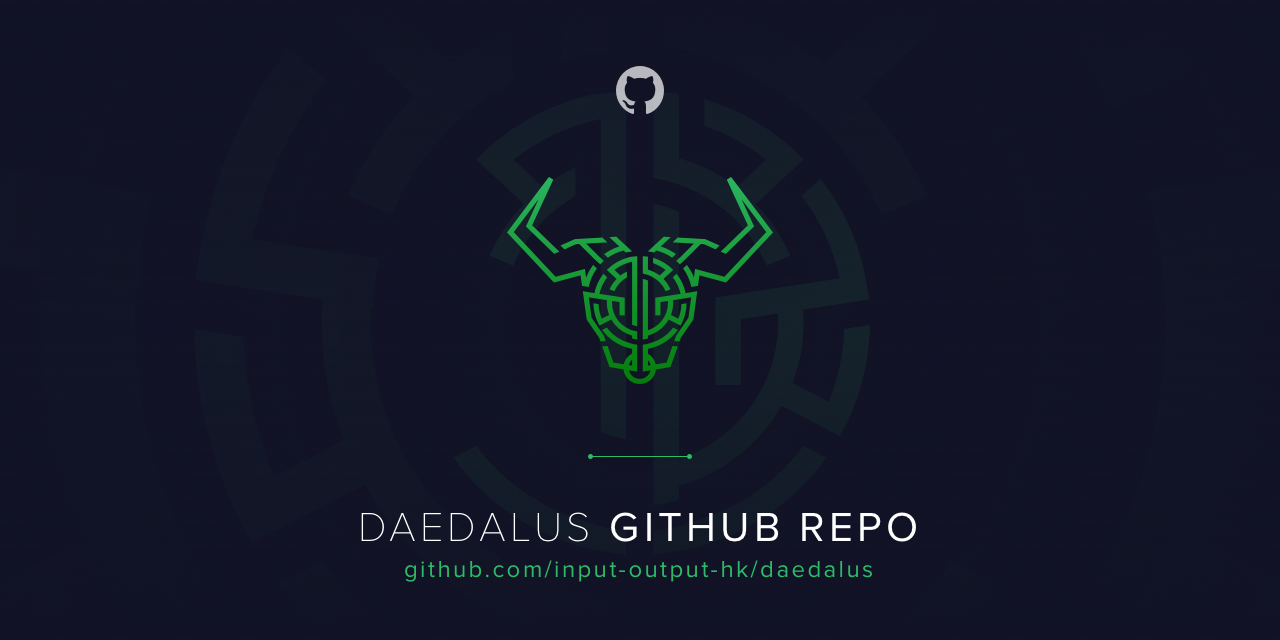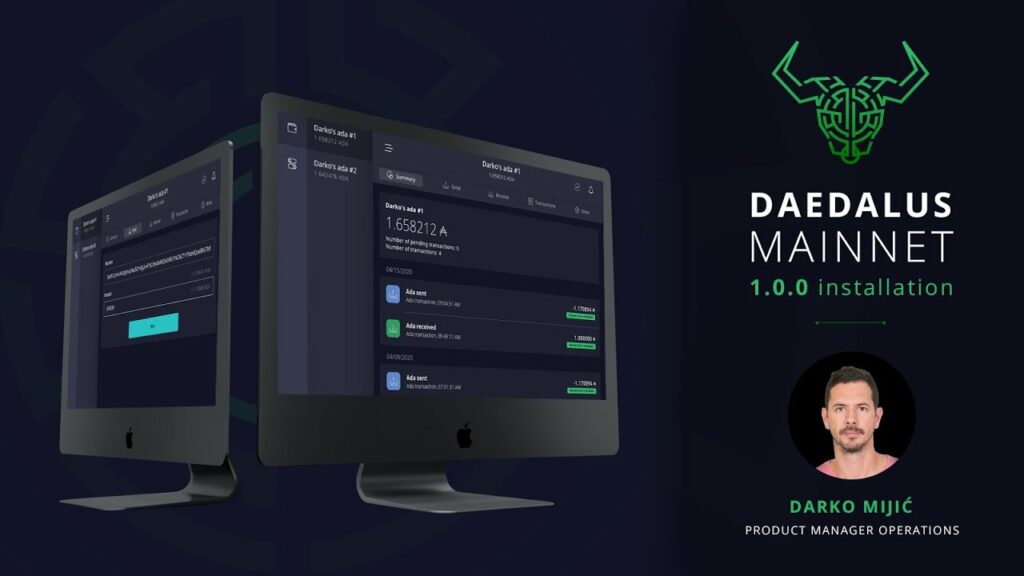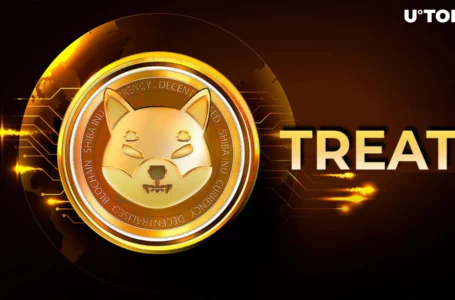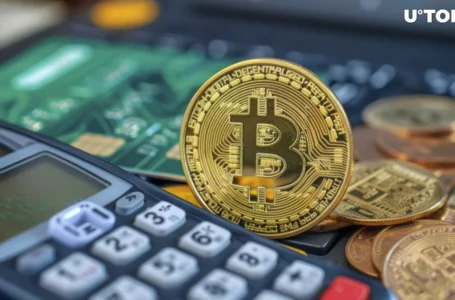
What is the Daedalus Wallet?
Daedalus is a software wallet that can be downloaded onto a Mac, Linux, or Windows computer. Unlike most crypto wallets, Daedalus is a full-node hierarchical deterministic wallet, specifically for the use of assets on the Cardano blockchain.
What is meant by “full-node” is that the wallet is bundled with a full Cardano node, meaning it stores the entire history of the Cardano blockchain and validates blocks and transactions for a fully trustless and autonomous operation.
This is a great approach as the more users who download the Daedalus wallet, the more robust the Cardano network becomes. As more users install Daedalus, more nodes hold the network history and validate transactions, increasing the decentralization of the network and decreasing any single point of failure and centralization risk.
Note that Daedalus is not a “lite” wallet like Yoroi, Adalite, or multi-crypto asset wallets like Exodus. Daedalus takes quite a bit of time to synchronize before use as users are downloading the entire network’s history. The wallet creates a local copy of the blockchain and occupies about 80GB worth of space on your computer as of late 2022.
Here are the key features of the wallet:
- The Daedalus wallet is free for anyone to download and use.
- Easily download and install the software with the bundled Cardano node automatically set up for use.
- Locally stored wallets and encrypted private keys- Nothing is shared with third-party servers, reducing risk and increasing self-sovereignty.
- Fully trustless operation as the locally hosted full Cardano node independently validates full transaction history of the blockchain.
- Helps support and promote the Cardano network by participating in the Cardano protocol.
- Wallet backup and restoration using mnemonic phrases, similar to other wallets.
- Delegation support.
- Supports integration with Ledger and Trezor hardware wallets.
- Open-source.
The Daedalus wallet was launched in 2015 and is supported by Input Output Global (previously IOHK). IOG is a renowned research and engineering firm that is behind the Cardano blockchain and continues to support much of the development and advancement of the project.
Daedalus Supported Operating Systems
Due to the resource requirements, the Daedalus wallet has no mobile support but can be installed on desktop computers running the following operating systems:
- Windows 11, Windows 10 (64-bit)
- MacOS Big Sur, MacOS Monterey (64-bit)
- Linux OS (64-bit) tested against Debian-based, Arch-based, RPM-based
The recommended hardware requirements for running a Daedalus wallet are as follows:
- 64-bit dual-core processors
- 16 GB of RAM
- 100-200 GB of free drive space (continuously growing)
- Broadband internet connection
Daedalus Wallet Features
Daedalus has six different themes that users can choose from, allowing for personalization of the wallet appearance.
The wallet is considered highly secure as it is fully decentralized, non-custodial, utilizes advanced cryptography and encryption, and supports a full node locally on the user’s machine. Being able to stake ADA on Daedalus is also a great feature, providing users with some passive income while also contributing to, and supporting the Cardano ecosystem.
The wallet is completely open-source, checking that box for trustworthiness. Daedalus allows users to manage unlimited wallet accounts through its hierarchical deterministic (HD) wallet implementation, providing users with the ability to control their funds in an organized manner.
Thanks to recent wallet updates, Daedalus now supports the viewing of NFTs and Cardano tokens such as SundaeSwap and other ADA tokens. Upon the upgrade, Daedalus quickly became a very popular way for Cardano enthusiasts to securely store their Cardano NFTs.
Daedalus Wallet Security
Since its launch in 2015, the Daedalus wallet has not experienced any breaches in security. Upon wallet setup, users can either create a new wallet, restore or import another seed phrase to import a wallet, or pair with a hardware wallet like Trezor or Ledger.
Users secure their accounts using a standard 12-word recovery phrase, similar to other wallets and can protect their wallet with a password. We cover tips and tricks for wallet security, recovery phrases, and keeping crypto safe in our article on crypto safety if you want to dive deeper into the world of crypto security and the importance of recovery phrases.
Daedalus is non-custodial, meaning that users are in complete control over their private keys, and thus, their funds, and as mentioned, the wallet is open-source and trusted by the community.
The private keys for the Daedalus wallet are stored encrypted on the user’s device to help further protect the wallet from hackers and malware, and a paper certificate export can also be created for peace of mind.
Privacy and Anonymity
As Daedalus is a self-custody wallet, there is no sign-up or KYC needed to use the software. Daedalus users enjoy a high level of privacy and anonymity with semi-anonymous transactions.
As with most blockchains, transactions are publicly viewable, but identities are not associated with wallet addresses. Daedalus uses different addresses for each transaction, increasing the level of anonymity.
At the time of writing, there are no additional privacy features such as Coinjoin-supported transactions, but as the Cardano ecosystem develops and projects such as IOG’s Midnight are being rolled out, this will likely change and additional privacy features will most likely be integrated into the wallet.
Usability
The wallet is user-friendly, well-designed, and simple to navigate, and the sharp-looking interface makes using the wallet an enjoyable experience. Overall, the UX/UI is intuitive and well laid out, making Daedalus suitable for both beginner and advanced crypto users.
Though the Daedalus is a software wallet, which is not as secure as hardware wallets, security-minded users will be happy to note that both Ledger and Trezor hardware wallets can integrate with Daedalus, increasing the security.
Upon first opening the wallet, you will see the wallet landing page which shows the amount of ADA you have, as well as the basic functions of the wallet. These are displayed along the top and have options for sending and receiving, transaction history, and settings.
The sidebar will show further options including an add wallet function, restore a wallet, and a newsfeed navigation icon.
Daedalus Support
Daedalus has a support team that can be accessed via a ticketing system from the wallet. The website also has a very well-populated FAQ and self-help section that is a handy resource for users seeking answers and troubleshooting steps.
Daedalus also has a decent community on Reddit where users can reach out if they have questions. Just be careful when seeking any crypto-related assistance from any social media platform as a very common scam is where someone will message you, pretending to work for the company support team and ask for your recovery phrase.
No support team for any crypto project will ever ask for your recovery seed phrase, be sure to keep this private and offline at all times. Whoever has these words can steal your crypto.
Bottom Line
The Daedalus wallet is fantastic for fans of the Cardano ecosystem and is one of the most advanced and secure wallets for that network.
Users who do not want to run their own node or don’t have the hardware requirements or free disk space will likely prefer the Adalite or Yoroi wallets. Users seeking multi-coin support or mobile wallets will likely opt for a different wallet. I recommend checking out our article on the Best Software wallets if you want to explore additional options.
Daedalus is multi-functional and provides a highly secure and convenient place for users to store their Cardano NFTs and assets. Thanks to the full-node support, Daedalus users enjoy an additional level of independency when transactions are validated and verified, plus users can enjoy knowing that they are contributing to the robustness of the Cardano network.



















